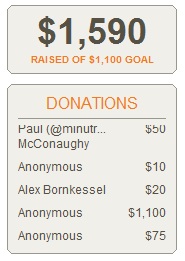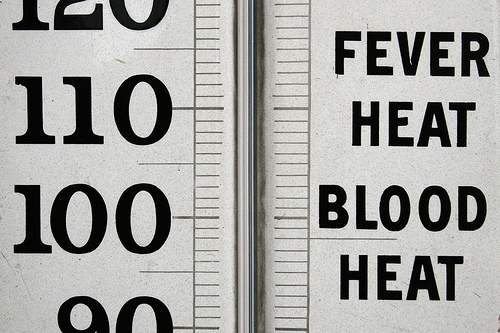 After allowing some time for reflection, I want to respond to the Changeblogger Meme that the wonderful Qui Diaz began over at the Buzz Bin.
After allowing some time for reflection, I want to respond to the Changeblogger Meme that the wonderful Qui Diaz began over at the Buzz Bin.
Qui, while highlighting the changeblogger movement, also created mapped out a great way to further spread the word, while also allowing us to learn more about each other and what motivates us in our work. She asks us three important questions. Thus, these questions not only continue the changeblogger mantra, but lets us know more about our community.
What is one change – big or small, local or global – you want to see in your lifetime?
I love to champion for people to own their education. It’s my number one advice to any student or colleague. Education, being defined as increasing one’s willingness to learn – about life, people, a neighbor, a stranger’s circumstance, a country’s predicament, and about oneself. From this, I feel so much else flows. =)
Who is already working this issue that you think others should support?
Many people. This being both an Olympic year and an election year, I am seeing it more sources for inspiration than ever. Journalists are working towards this goal. Teachers, communicators, athletes, social tech friends, lawyers, youth, social workers, non-profits, repairmen, grandmothers, and more. I’m just blessed to be working among these people…and learning from them along the way! =)
How are you going to use your Web/tech/marcom skills to further this cause? (Or, what are you already doing that work?
Through this blog, I hope I am inspiring others to continue learning and growing. I hope that in you, there is a root that’s taken hold that is growing infectiously within you and being spread among others, that when you believe in something, when you work hard, and settle for nothing less than your utmost best, anything truly is possible. It’s just easier when we have a community to support us, and healthy influencers amongst us. Thus, thank you.
**********
Before you think I am being a cop-out from the meme. This is honestly how I feel. And, I feel the beginning for positive change around oneself, begins within oneself.
Beyond this, I do have a personal interest in finding a cure for multiple sclerosis. Much of my volunteer efforts have gone towards this issue, as well as other health-related issues. I’m also a strong believer in mentors and role-modeling programs, individual empowerment as a route against alcohol and drug abuse. As a female and past gymnast, I am well aware issues like anorexia due to many beloved friends battles. The issue that has been increasinly on my mind most recently is access to healthy drinking water.
However, this is why I love social marketing! It goes beyond awareness, beyond fundraising, and looks to develop long-term programs and initiatives to address these challenges. I can’t wait for the future of this field. But that’s a whole ‘nother rant. For now, join the journey. It’s going to be rad. Check it, =)
Tagging: Kivi Leroux Miller, Mike Kujawski, Tera Wozniak, Thursday Bram, Leyla Farah, Jeff Brooks, Katya, Rosetta, Rebecca Leaman
photo cred: flickr, carfs







